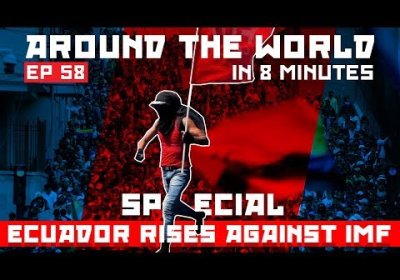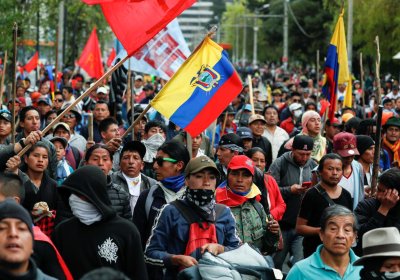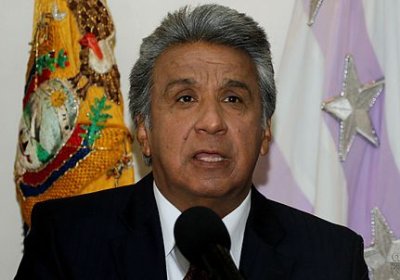There are celebrations in Ecuador. They began on October 13, when the government and the Indigenous movement, centrally grouped in the Confederation of Indigenous Nationalities of Ecuador (CONAIE), announced they had reached an agreement on Decree 883, which removed fuel subsidies.
The response was twofold.











